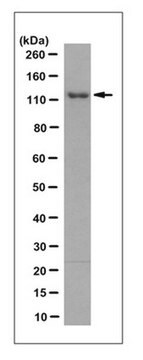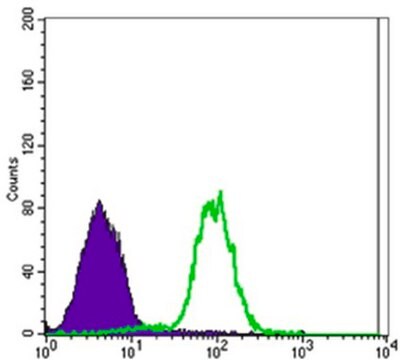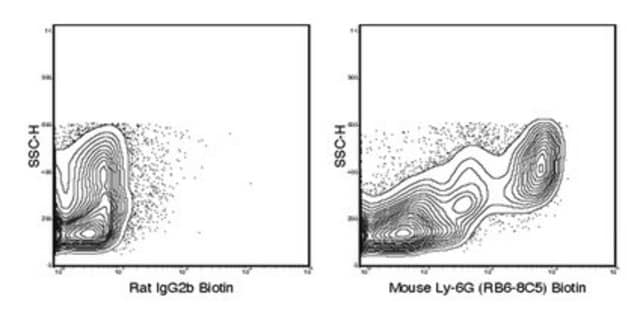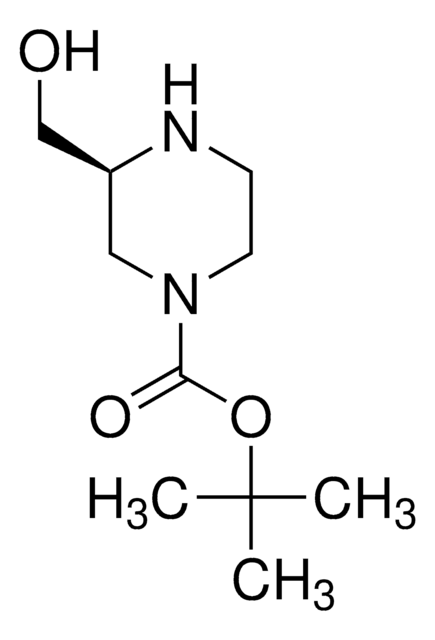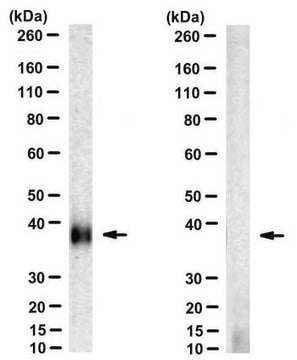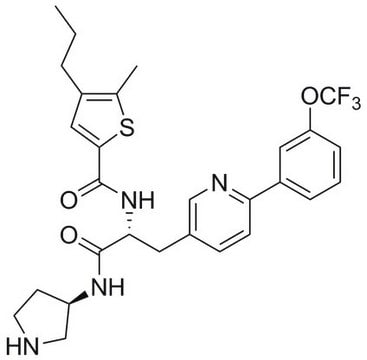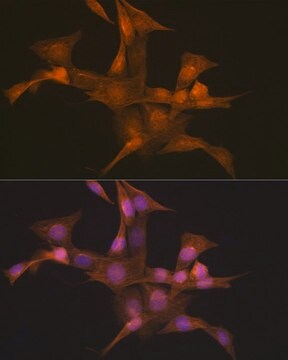MABN704
Anti-ASS1 Antibody, clone 2C10
clone 2C10, from mouse
Synonym(s):
Argininosuccinate synthase, Citrulline--aspartate ligase, ASS1
About This Item
Recommended Products
biological source
mouse
Quality Level
antibody form
purified antibody
antibody product type
primary antibodies
clone
2C10, monoclonal
species reactivity
mouse, human, rat, monkey
technique(s)
immunohistochemistry: suitable
western blot: suitable
isotype
IgG1
UniProt accession no.
shipped in
wet ice
target post-translational modification
unmodified
Gene Information
human ... ASS1(445)
General description
Immunogen
Application
Optimal working dilutions must be determined by end user.
Neuroscience
Neurodegenerative Diseases
Quality
Western Blotting Analysis: A 1:500-2,000 dilution of this antibody detected ASS1 in A431, Raji, MOLT4, Jurkat, A549, NIH/3T3, PC-12 and Cos7 cell lysates.
Target description
Physical form
Storage and Stability
Analysis Note
A431, Raji, MOLT4, Jurkat, A549, NIH/3T3, PC-12 and Cos7 cell lysates
Disclaimer
Not finding the right product?
Try our Product Selector Tool.
Storage Class Code
12 - Non Combustible Liquids
WGK
WGK 2
Flash Point(F)
Not applicable
Flash Point(C)
Not applicable
Certificates of Analysis (COA)
Search for Certificates of Analysis (COA) by entering the products Lot/Batch Number. Lot and Batch Numbers can be found on a product’s label following the words ‘Lot’ or ‘Batch’.
Already Own This Product?
Find documentation for the products that you have recently purchased in the Document Library.
Our team of scientists has experience in all areas of research including Life Science, Material Science, Chemical Synthesis, Chromatography, Analytical and many others.
Contact Technical Service